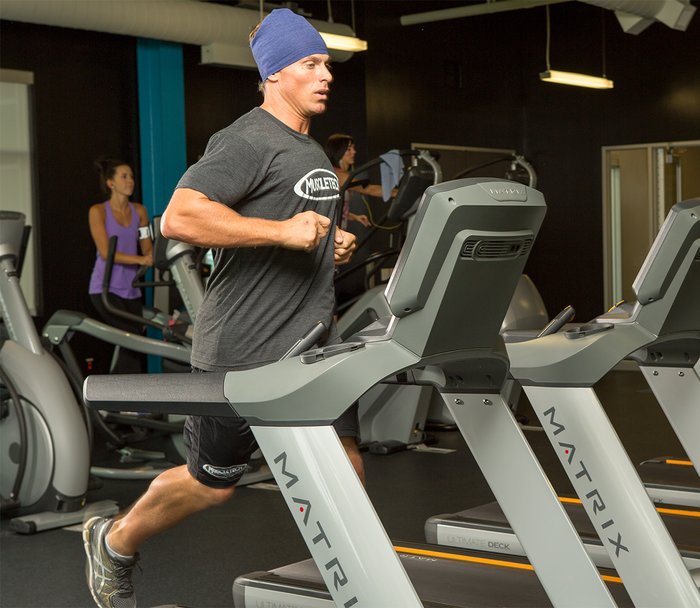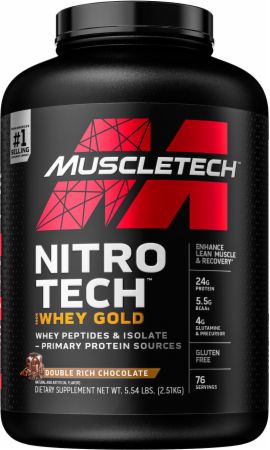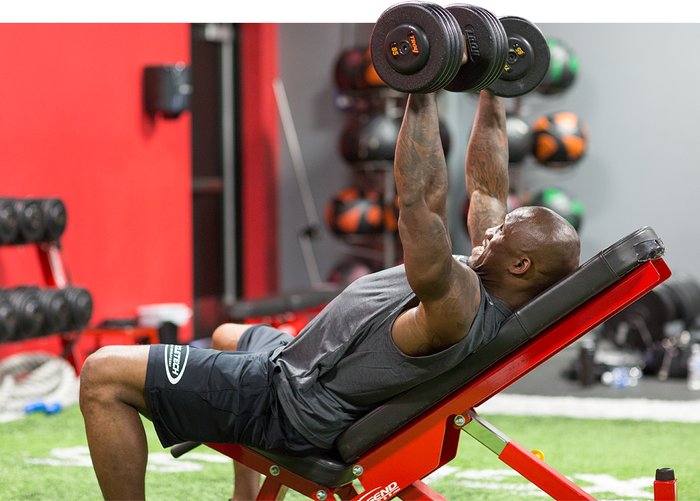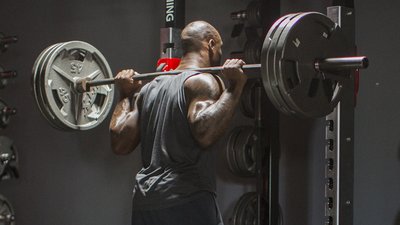Dedicated lifters are a stubborn bunch, soldiering on through the pain and never missing workouts. And while a steely commitment to keep lifting no matter what is commendable, you're not doing yourself any favors by doing your normal to-the-limit workout when your knee, elbow, or shoulder is crying "uncle."
If rest and a trip to the sports-med doc aren't in your immediate plans, at least heed this game-day advice when it comes to training around sore joints.
1. Warm up plenty
Yes, you've heard this a million times, but there's never enough time to warm up, right? Get past that excuse, and you might find that warming up improves your performance. Start with some light-weight sets and light stretching to loosen up your joints.

Do joint circles, jump rope, walk or jog on the treadmill, or do whatever works for you, but get warm—maybe even warmer than you think you need to be.
2. If it hurts, don't do it
If doing bench presses with barbells locks your shoulders into a painful pathway, try doing it with dumbbells to get a little more freedom of movement. Use the football bar. Do floor presses. Do high-rep push-ups! Find a pain-free range of motion, and train in it.
Even simply exchanging a multijoint movement machine for single-joint movements like flyes is often a good tradeoff, especially if the alternative is aggravating an injury that could put you on the shelf for weeks.

3. Get seriously strict
You see it in the gym all the time: people using momentum and body English to overcome resistance. This style of training has its place, but the speed that comes with momentum is no friend to tender joints, whether you're pushing explosively or bouncing out of the hole.

Momentum can put a lot of stress on joints, tendons, and ligaments—especially if you're using it to overcome a heavy load. Sure, you'll have to go far lighter when you're lifting strictly, but today, that's a good thing.
4. Don't go to failure
Training to failure and beyond is a crucial component of muscle-building, but when you're nursing a tender elbow or knee, it offers little benefit and plenty of risk. Why? Training to failure often leads to breakdown in proper technique, which can stress your joints and connective tissue.
Whether you're on your first or 15th rep, maintain good form and don't be afraid to leave a couple in the tank.
5. Avoid locking out
Taking some movements to the very end of the range of motion can increase the maximal surface tension between two bones, shifting the stress from the working muscle directly onto the joint. That stress is compounded when you're using very heavy loads, such as with leg presses on the knees.

When you're doing shoulder, chest, triceps, and leg exercises, stop a movement about 10 degrees short of fully locking out, particular when you're working around a hot spot. Your joints will thank you for years to come.

